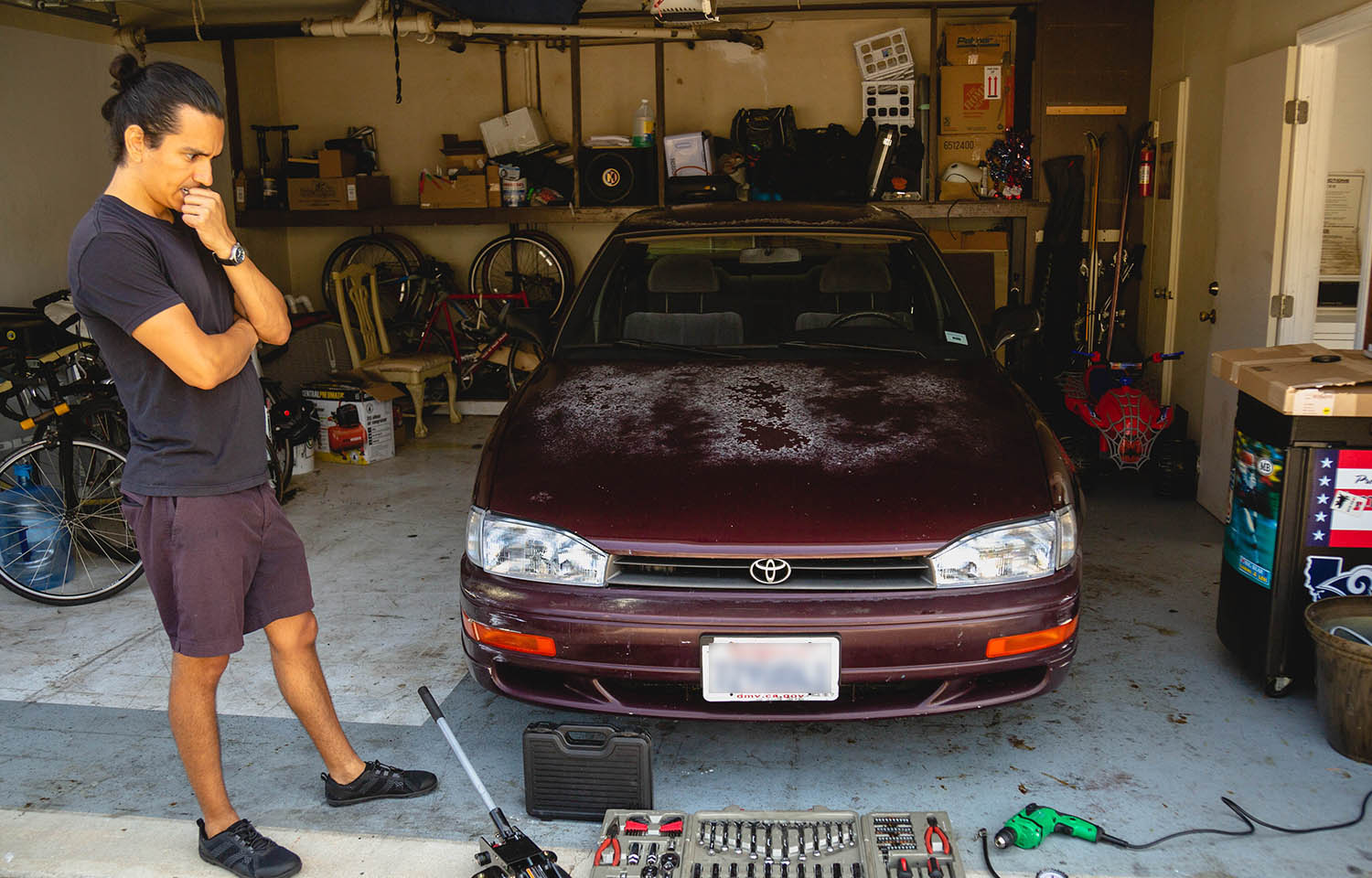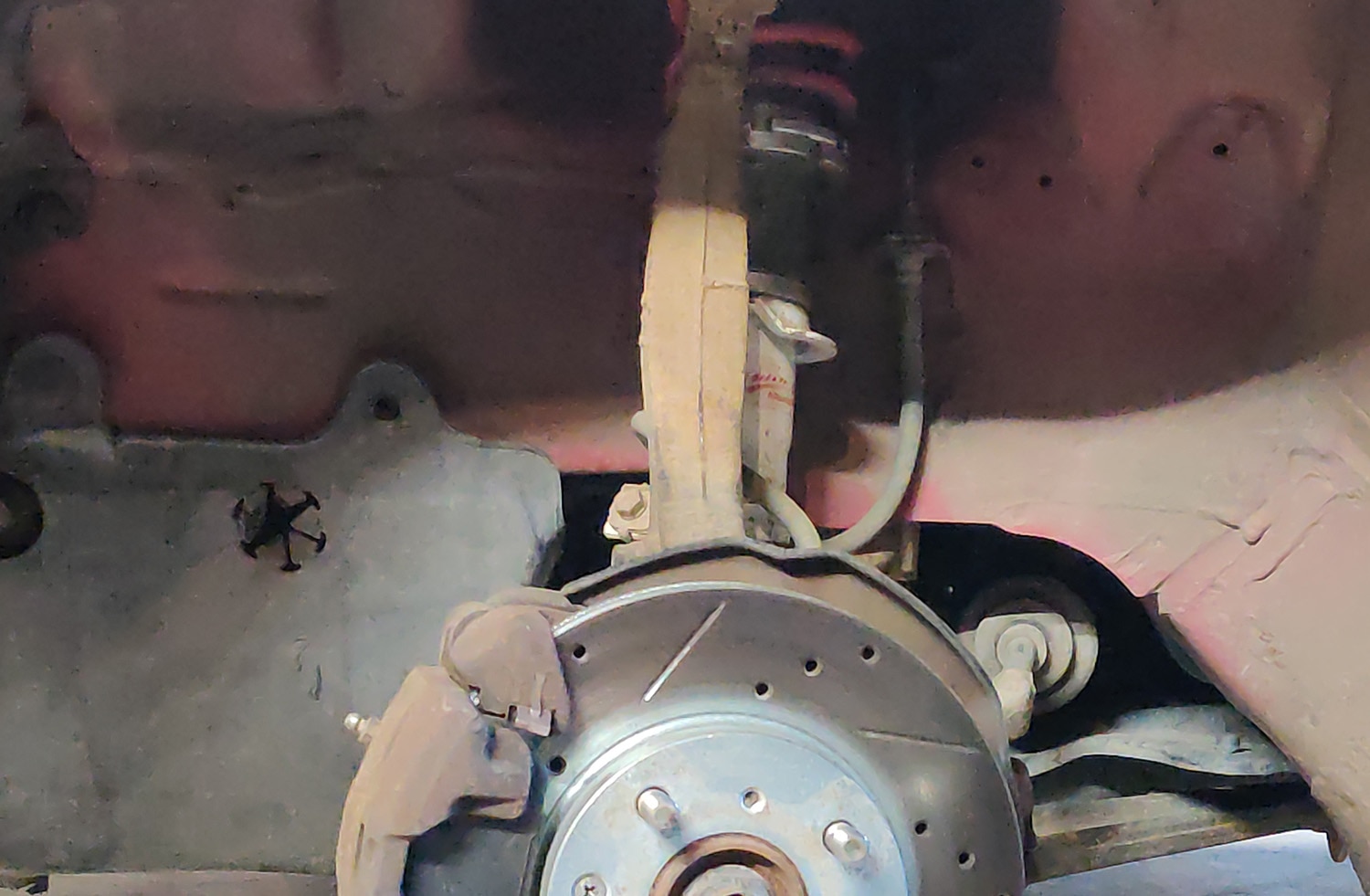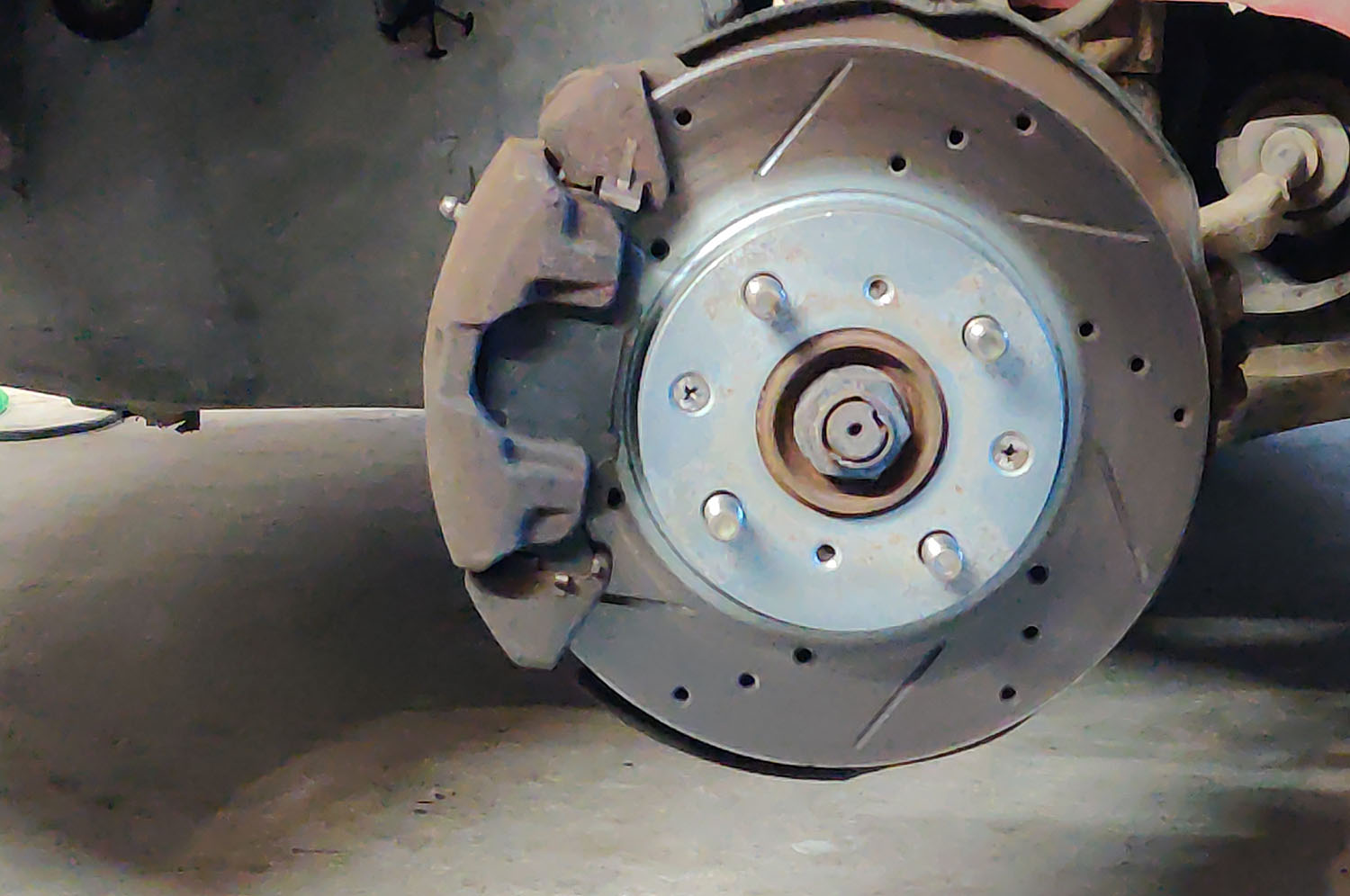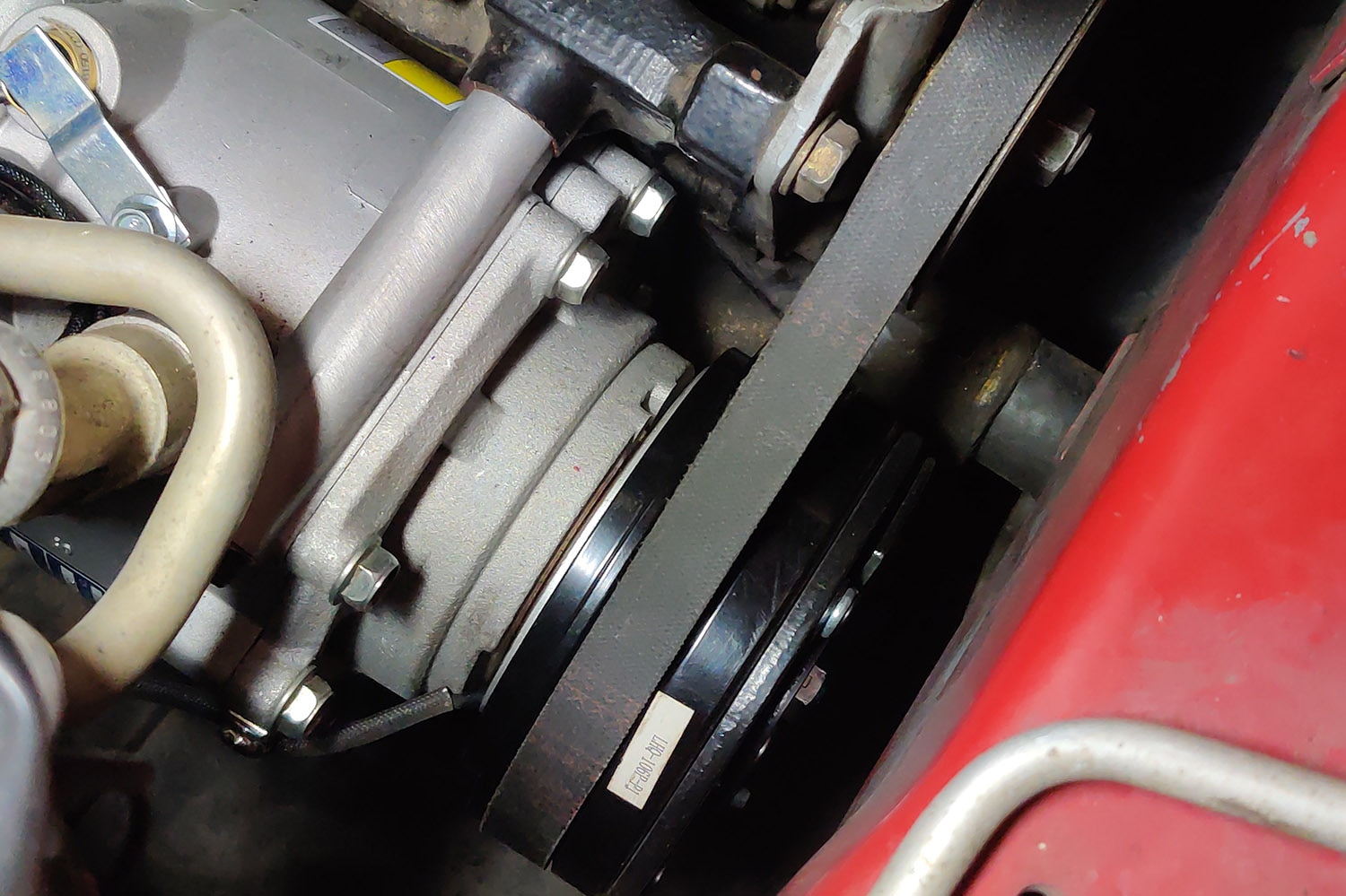What's That Squeak in My Car?
Learn how to improve your investigations into mysterious vehicular sounds.
 Manuel Carrillo III | Capital One
Manuel Carrillo III | Capital One
QuickTakes:
It can be frustrating — and annoying — when your car squeaks as you drive along. Fortunately, with some detective work you can often locate the source of the unwanted sound and repair the issues causing your vehicle to sound out of sorts.
Here's a look at three of the most common causes of car squeaks and what you can do about them.
 Austin Lott | Capital One
Austin Lott | Capital One
Suspension Components Can Be a Source of Car Squeaking
Your vehicle's suspension is almost always in motion, making it a typical source of squeaking. You might notice that your car squeaks when turning or going over a bump in the road, which can suggest that the movement of suspension components is responsible for the sound you hear.
Most of the time, a suspension squeak is related to wear. Many chassis parts use rubber bushings to cushion their movement. If this rubber is old, cracked, or has dried out, the additional motion produced can translate into a squeaking sound.
Common examples include stabilizer bars (also called anti-sway bars) and control arms. Worn shock absorbers, springs, and ball joints can also cause squeaks.
 Austin Lott
Austin Lott
Brake Squeaks Can Come From Worn Brake Pads
Brake squeaks can also be related to wear. A braking system works by pushing the brake pad against the brake rotor. Over time, both of these components wear away due to the same friction that brings your vehicle to a stop.
Once a brake pad has been ground down to a certain level, small metal tabs begin to contact the rotor, creating a squeaking sound that indicates it's time for a new set of pads. If the pad's friction material has worn off, its metal backing usually will squeal loudly against the rotor.
Brake pads can also squeal if they aren't correctly seated against the caliper piston (the component that squeezes the pad against the rotor), causing them to vibrate. This vibration could stem from issues such as improperly installed shims or a lack of lubrication on the back of the pad. The caliper mechanism itself might also require lubrication.
After installation, high-performance brake pads must be "bedded," or properly broken in, to deposit an even layer of pad material on the rotors. Failure to do so can result in squeaking while in use. Some types of brake-pad materials — especially carbon ceramic — will also squeak when they are cold, even if they have been correctly bedded.
 Austin Lott
Austin Lott
Belts Can Be the Source of Speed-Related Squeaks
Belts are another always-in-motion component prone to squeaking. Rubber serpentine, air-conditioning, and power-steering belts are exposed to near-constant heat and friction in the engine bay while the vehicle runs. If your car squeaks when driving and the sound links to the speed of the motor, there's a good chance the noise is the result of a belt.
Sometimes it's possible to apply belt dressing, a chemical spray that usually contains lubricant, onto a squeaky belt and have the sound go away. Before you do that, however, it's worth visually inspecting the belt for cracking or fraying, both of which often cause unwanted sounds.
The presence of cracks or damage to the belt is often a warning that a belt could snap at any time, which could leave a driver stranded.
You should replace belts that show this kind of wear. Misaligned belts can also cause noise, and you may want to verify that the squeaking is coming from the belt and not the pulley or accessory it is attached to.
If you've had a recent coolant leak or accidentally spilled antifreeze on a belt, that can also cause a squeak.



